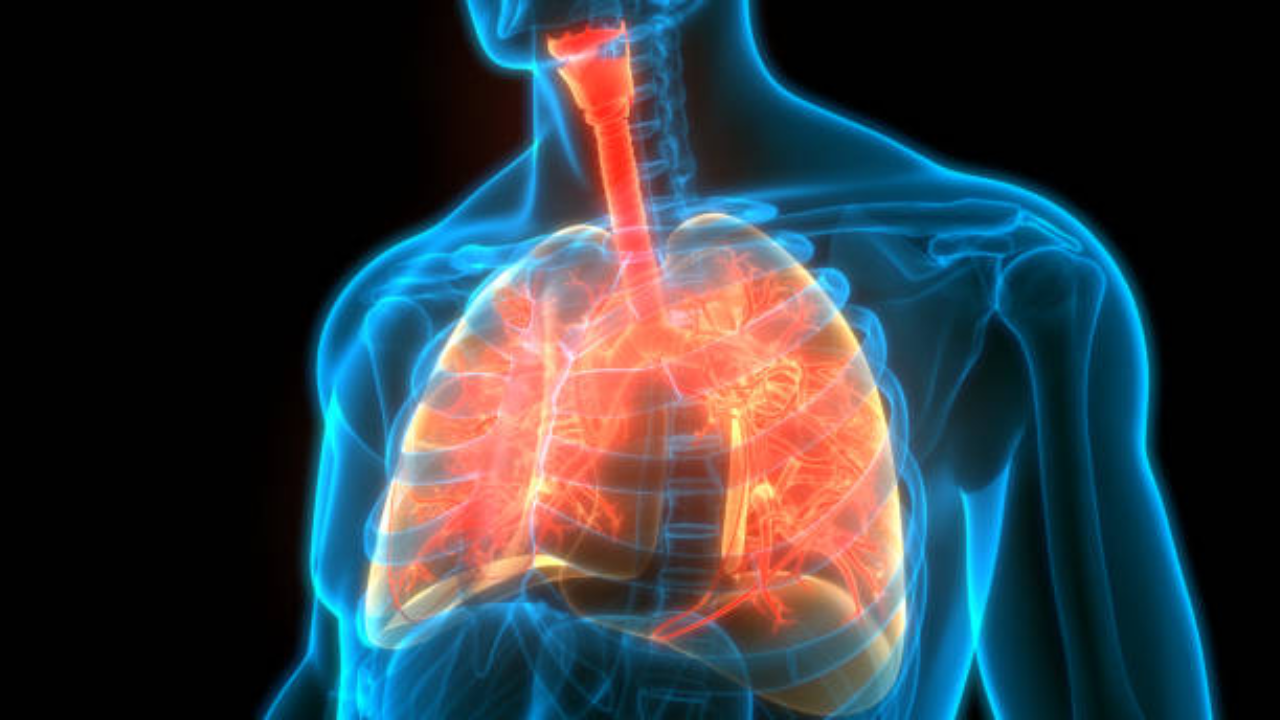
Chronic obstructive pulmonary disease (COPD) is a lung condition which is caused by damage to the lungs. This damage results in swelling and irritation inside the airways that limit airflow into and out of the lungs. World COPD Day is observed every year on November 20.
COPD is caused due to long-term exposure to irritating gases or particulate matter, most often from cigarette smoke. Long-term exposure to secondhand smoke can also lead to COPD. Passive smokers have an increased risk of poor lung function and chronic respiratory symptoms.
People with COPD have an increased risk of developing heart disease, lung cancer and several other health conditions. Two of the most common conditions that cause COPD are emphysema and chronic bronchitis. Chronic bronchitis is inflammation of the lining of the bronchial tubes, which carry air to and from the air sacs (alveoli) of the lungs.
On the other hand, emphysema is a condition in which the alveoli at the end of the smallest air passages (bronchioles) of the lungs are destroyed as a result of damaging exposure to cigarette smoke and other irritating gases and particulate matter. Mayo Clinic says that COPD is a progressive disease that gets worse over time, however, it is treatable. Managing the condition properly can help you achieve control over the symptoms which is required to reduce the risks of severity.
Here, take a look at some of the lifestyle changes you can make for better lung health if you’re suffering from COPD. Quit Smoking Smoking is the leading cause of COPD. Quitting smoking slows the progression of disease and improves lung function.
This helps to reduce symptoms like shortness of breath. Avoiding secondhand smoke and polluted areas can also help to reduce lung irritation. Regular Exercise While strenuous activity may be difficult, gentle and regular exercise can help strengthen respiratory muscles, improve endurance and increase lung capacity.
Walking, light aerobics and breathing exercises are good for maintaining mobility and lung function. Healthy Diet A balanced diet that is rich in fruits, vegetables, lean protein and whole grains supports the immune system and this reduces the risk of respiratory infections. Eating smaller and more frequent meals can also help by reducing bloating.
Practice Breathing Exercises Techniques such as pursed-lip breathing and diaphragmatic breathing can help control shortness of breath and improve oxygen intake. These exercises are helpful in managing breathlessness during physical activity or times of stress. Stay Hydrated Drinking plenty of water helps thin mucous in the lungs and this makes it easier to expel.
This reduces coughing and improves airflow in the lungs, thereby, easing breathing. Avoid Respiratory Irritants Pollutants, strong odours and chemical fumes can trigger COPD symptoms. Keeping indoor air clean with air purifiers, avoiding aerosol sprays and ensuring good ventilation at home can reduce exposure to these irritants.
Get Vaccinated Vaccinations for flu and pneumonia are essential for COPD patients. Respiratory infections can aggravate COPD symptoms, leading to flare-ups and hospitalisation. Manage Stress High stress can worsen breathing problems.
Meditation, yoga and mindfulness can reduce anxiety which can help to ease breathlessness and improve overall lung function. Get Latest News Live on Times Now along with Breaking News and Top Headlines from Health and around the world..














